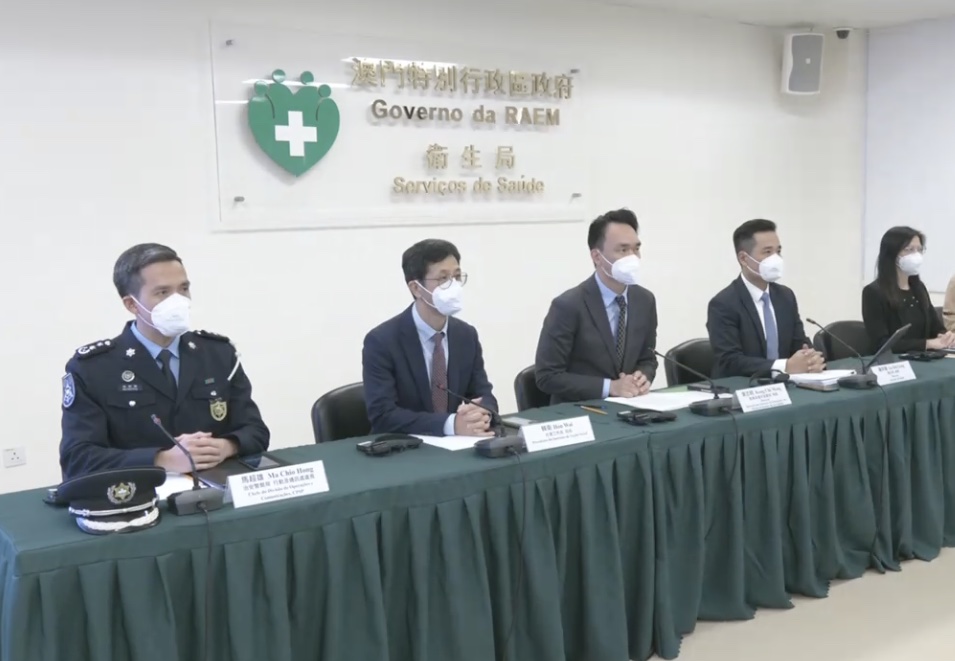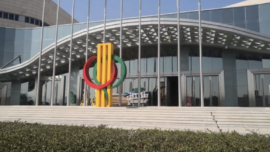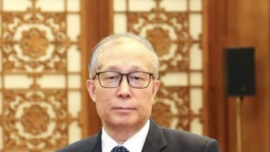
Macau Business | December 2022
By José I. Duarte | Economist, Macau Business Senior Analyst
The world over, varying opinions have been expressed about the different possible Covid approaches and policies, both about their general gist and specific components. But, unfortunately, those opinions have only sometimes been perceptibly based on a careful assessment of the merits or demerits of alternative policy measures. Instead, views about the choices are often expressed on crude binary evaluations, possibly driven more by convenience or faith than based on facts and explicit criteria.
Indeed, the questions raised by the pandemic, now reaching its third full year, are bound to be tough, requiring hard choices and touching on sensitive areas. No policy is or will ever be perfect. Any path chosen will bestow some benefits and entail some risks. Indeed, theoretical and empirical knowledge may be missing or limited in certain circumstances. As a result, decisions will be inevitably made with little information, significant uncertainty, and a fair share of unknowns (or unknowable effects).
Costs and advantages will need to be weighted, and their proper measurement or balance will raise delicate questions. Accounting for social impacts is never going to be a precise science. The broader the policy scope and its economic and social implications, the bigger the fog out there, as it were. It will blur the paths to the desired outcomes and the ability to avert the undesired.

Over time, as knowledge and experience build up, corrections and re-tuning will be required. Monitoring and adjustment mechanisms need to be operational. It may be challenging, as routines and interests may have coalesced, and changes may be ill-perceived or even resented.
A clear and coherent approach to inform the public, particularly its most vulnerable segments, will substantially increase the chances of successful adaptation to changing circumstances and reduce the material or emotional pain the population bears.
Actions should be informed by a broad analytic framework and calling in various types of expertise. Their possible effects, good or bad, intended or unintended, must be anticipated as much as possible. Different segments of society will be affected differently. The social distribution of costs and benefits raises another set of sensitive fairness and justice issues.
Multiple variables and parameters come into play in a crisis such as the one we are going through. First, there are the obvious direct health-related outcomes, namely those relating to mortality and morbidity avoided, and the respective costs of prevention and treatment. Then, we must recognize the possible side effects on the provision and quality of other health services, as their resources and operation will also be affected. Standards of care and treatment may decline elsewhere, also affecting their mortality and morbidity profiles and raising the longer-term quality of life issues.

Then, all sorts of societal effects are inevitable, abundantly reflected in the news and statistics—disrupted economic activities, declining incomes, and rising unemployment, to name the most obvious. On social and personal levels, the loss of livelihood and disruption of social networks will bring uncertainty, insecurity, and isolation that can be socially and personally devastating.
Assuming good faith and public commitment, nobody would want to be charged to formulate, make, and implement those decisions. But choices are inevitable about the best available and affordable care. Systematic and comprehensive processes will increase the chances of reaching better decisions and reduce the likelihood of significant mistakes.
Openness about the purpose and criteria for the decisions, and candid recognition of what we don’t know or cannot control, can go a long way to promote good, evidence-based practices and raise public resistance to the inevitable weariness that time will bring. Indeed, some luck will always add to the mix, hopefully of the good type. But health policies that do not look beyond the immediate and obvious and adapt as times change are bound to be judged poorly and have high unintended direct and indirect costs.
























